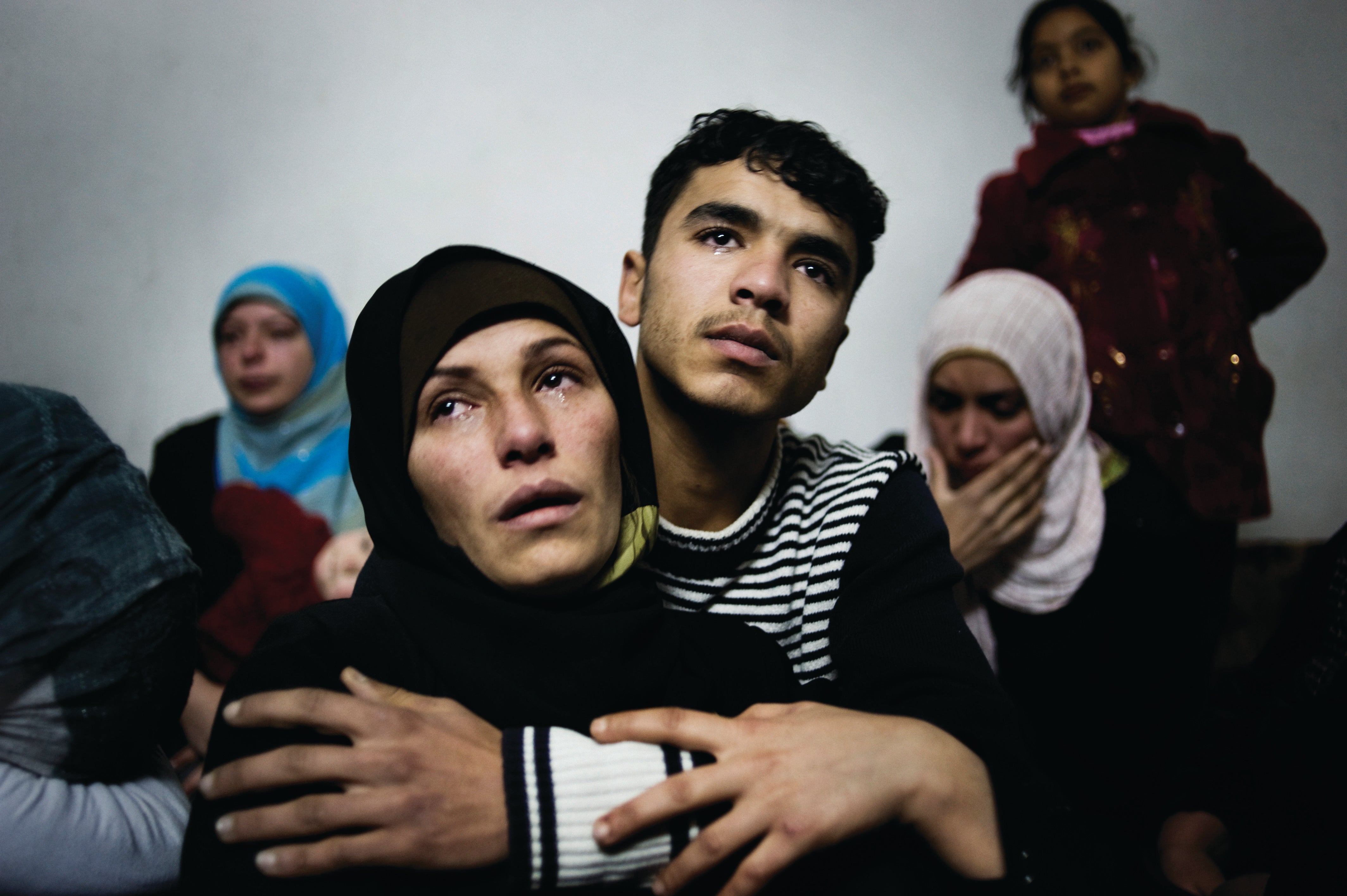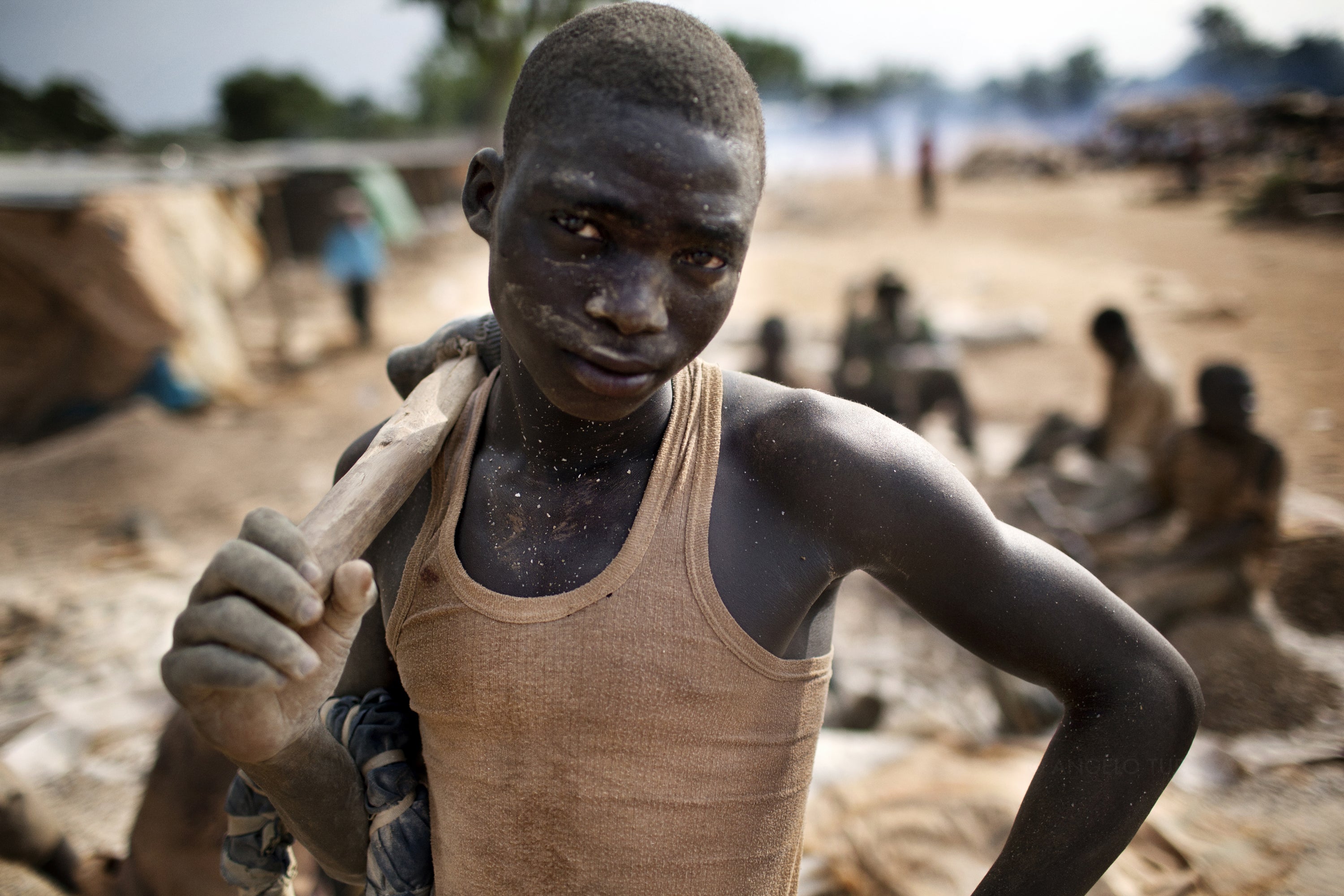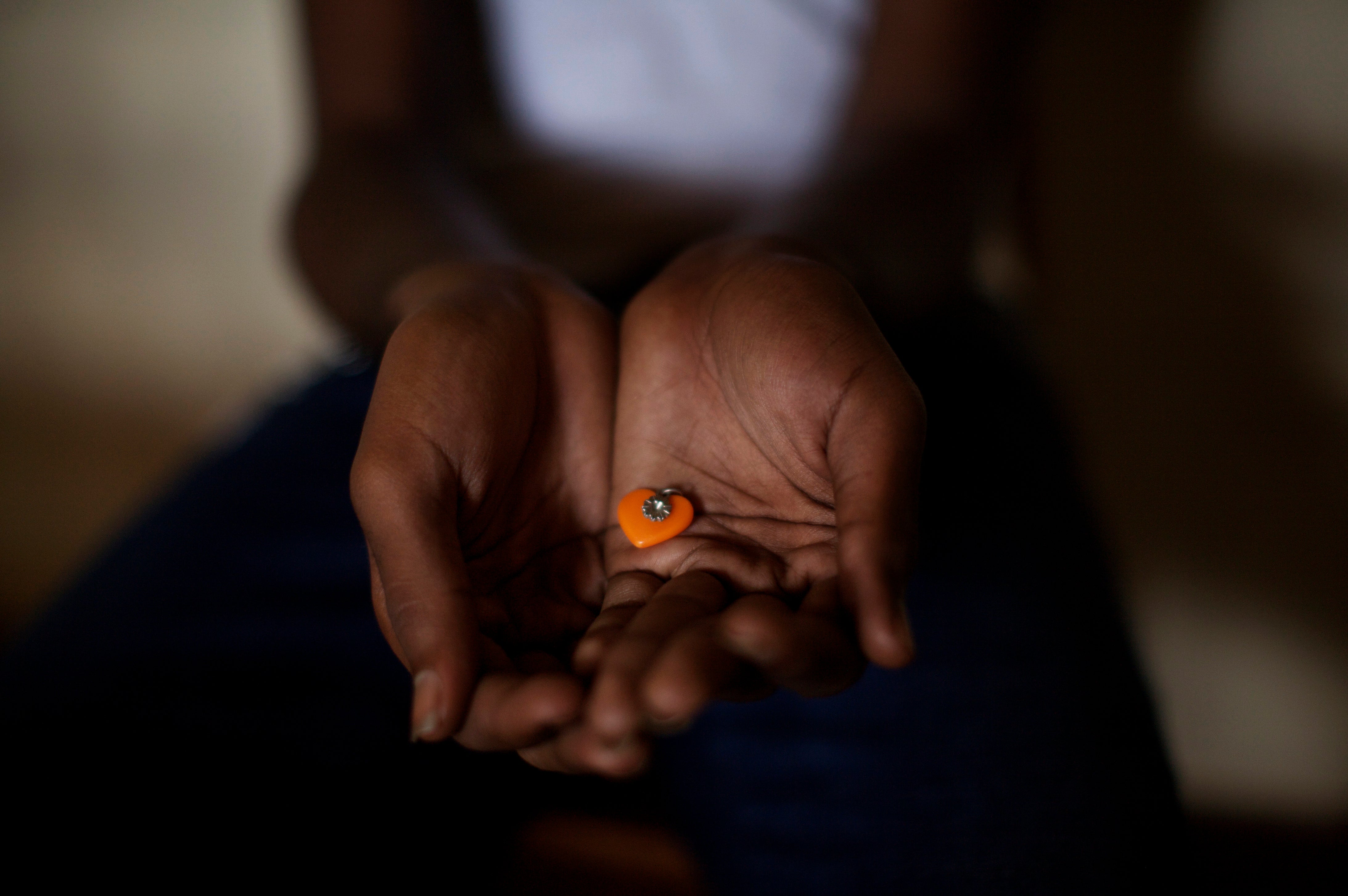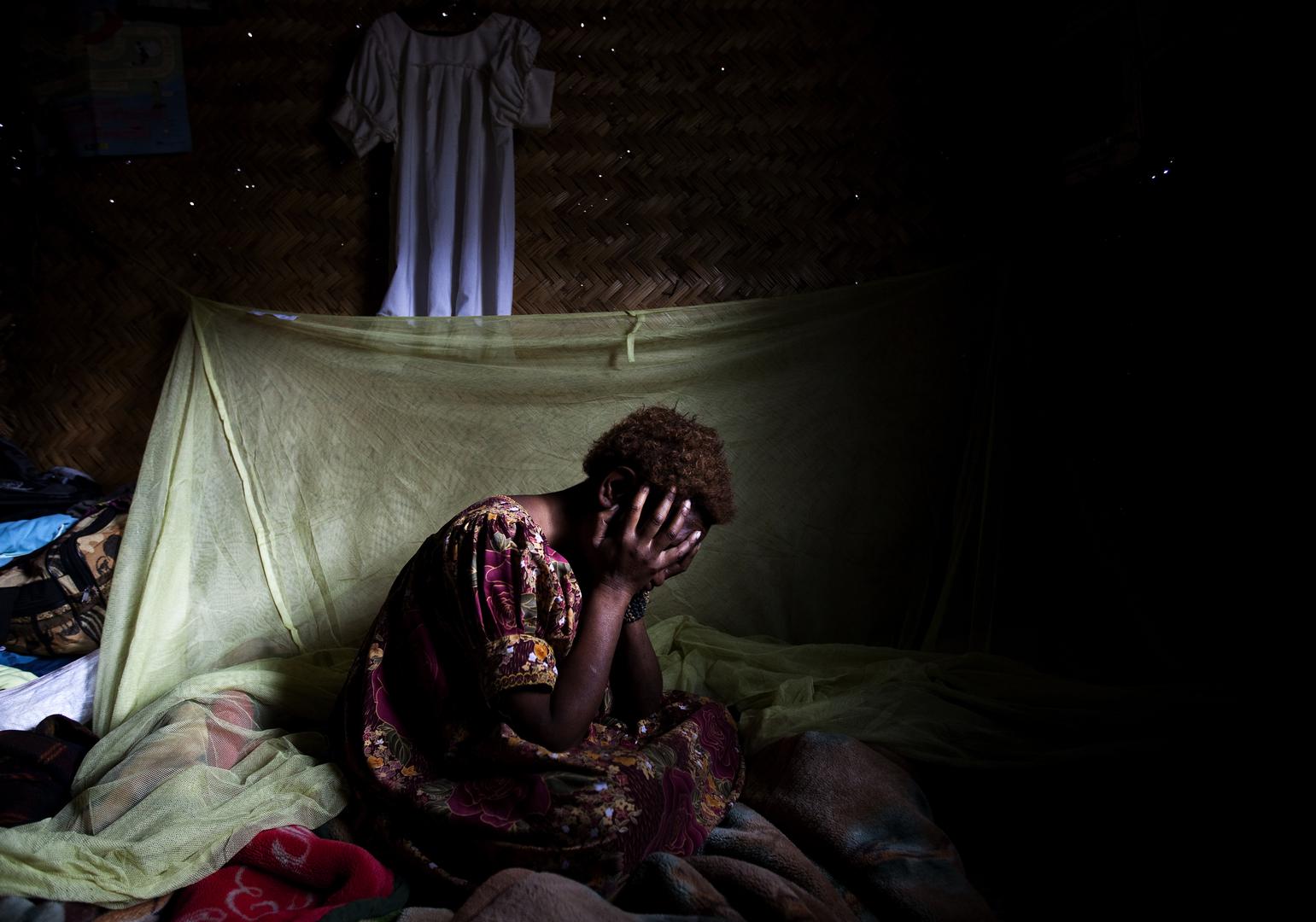Human rights conditions were decidedly mixed in Morocco, as a 2011 constitution containing strong human rights provisions did not translate into improved practices. While Moroccans exercised their right to protest in the streets, the police often dispersed them violently, and protest leaders and dissidents risked imprisonment after unfair trials, sometimes based on the many laws repressing speech that have yet to be revised in light of the new constitution.
In January 2012, for the first time, an Islamist became prime minister, after the Hizb al-Adalah wal-Tanmiya (Justiceand Development) party won a plurality of seats in legislative elections. Moustapha Ramid, a well-known human rights lawyer, became justice minister. On July 31, Ramid declared in a television interview that among Morocco’s 65,000 prisoners there were no “prisoners of opinion,” a statement contradicted by the incarceration of rapper al-Haqed and student Abdessamad Haydour for their peaceful speech.
Freedom of Assembly, Association, and Expression
Inspired by popular protests elsewhere in the region, Moroccans have since February 2011 held periodic marches and rallies to demand sweeping political reforms .The police tolerated many of these protests, spearheaded by the youthful, loosely organized February 20 Movement for Change, but on some occasions attacked and beat protesters severely.
Seddik Kebbouri, president of the Bouarfa section of the independent Moroccan Association for Human Rights, served eight months in prison following his conviction in an unfair trial for his alleged role in a May 2011 demonstration that ended in rock-throwing and property damage. A royal pardon freed Kebbouri and nine co-defendants on February 4, 2012. A Casablanca court on September 12 sentenced five protesters to between eight and ten months in prison on charges they assaulted police at a street protest on July 22, even though the court relied on confessions that the defendants claimed had been beaten out of them.
Terrorism and Counterterrorism
Hundreds of suspected Islamist extremists arrested in the aftermath of the Casablanca bombings of May 2003 remain in prison. Many were convicted in unfair trials after being held in secret detention and subjected to mistreatment and sometimes torture. Since further terrorist attacks in 2007, police have arrested hundreds more suspected militants, many of whom were convicted and imprisoned, not for having committed acts of terrorism, but for belonging to a “terrorist network” or preparing to join the jihad in Iraq or elsewhere.
Police Conduct, Torture, and the Criminal Justice System
Moroccan courts continue to impose the death penalty, but Morocco has not executed anyone since the early 1990s.
United Nations Special Rapporteur on Torture Juan Mendez stated he was granted unimpeded access to prisons and prisoners. He noted the “political will” among authorities “to build up an institutional culture that prohibits and prevents torture and ill-treatment.” However he also stated he had received“credible reports of beatings [by police] (with fists and sticks), application of electric shocks, and cigarette burns.” Mendez concluded: “In practice, the safeguards against torture do not effectively operate because ‘there is no evidence’ torture has happened and so the confession or declaration remains on the record and no serious effort is made to investigate, prosecute, and punish perpetrators.”
Courts deprived defendants in political cases of the right to fair trials and in a number of cases ignored their requests for medical examinations following their allegations of torture, refused to summon exculpatory witnesses, and convicted defendants based on apparently coerced confessions.
Twenty-five Sahrawi civilians faced a trial before a Rabat military court for their alleged role in clashes that caused fatalities on both sides in and around El-Ayoun in November 2010 between security forces and Sahrawis. At this writing, the trial had yet to begin, even though 22 of the defendants had spent nearly 2 years in pretrial custody.
Prison conditions were reportedly harsh, due in large part to severe overcrowding, a problem aggravated by the frequent resort to pretrial detention by judges, as documented by recent reports on prison conditions. Conditions for Islamist prisoners at the high-security Sale 2 prison improved compared to the inhumane and highly restrictive conditions that they faced in 2011, ex-prisoners told Human Rights Watch.
The National Council of Human Rights, a state-funded body that reports to the king, issued a pioneering report in September on mental hospitals, criticizing the inadequacies of existing facilities. In November, the council issued a report on prison conditions that cited a pattern of beatings, abusive policies on punishment and transfers, and excessive use of preventive detention by judges.
In 2012, there were several reports of police abuse of sub-Saharan migrants, many of whom live in precarious conditions along the Mediterranean coast. For example, on August 24, police reportedly raided an abandoned house inhabited by migrants on the outskirts of Nador, destroying or confiscating property, and putting migrants on buses and dumping many of them at the Algerian border without formally verifying their status. Generally, Morocco has refrained from expelling migrants who have documents proving that they have applied for or received recognition as refugees from the UN High Commission for Refugees (UNHCR).
Freedom of Association
The 2011 constitution protects for the first time the right to create an association. However, officials continued to arbitrarily impede the legalization of many associations, undermining their freedom to operate. Groups affected include some that defend the rights of Sahrawis, Amazighs (Berbers), sub-Saharan migrants, and the unemployed, as well as charitable, cultural, and educational associations whose leadership includes members of al-Adl wal-Ihsan (Justice and Spirituality), a well-entrenched, nationwide movement that advocates for an Islamicstate and questions the king's spiritual authority. The government, which does not recognize Justice and Spirituality as a legal association, tolerated many of its activities, but prevented others. In Western Sahara, authorities withheld legal recognition for all local human rights organizations whose leadership supports independence for that territory, even associations that won administrative court rulings that they had wrongfully been denied recognition.
Women’s Rights
The new constitution guarantees equality for women, “while respecting the provisions of the Constitution, and the laws and permanent characteristics of the Kingdom.” Major reforms to the Family Code in 2004 raised the age of marriage from 15 to 18 and improved women’s rights in divorce and child custody. However, the new code preserved discriminatory provisions with regards to inheritance and the right of husbands to unilaterally divorce their wives.
On March 10, 16-year-old Amina Filali apparently took her own life after enduring beatings from her husband, according to her family. Filali’s parents, who live near Larache, northern Morocco, had filed a complaint in 2011 stating that their daughter’s future husband had raped her; later they petitioned the court successfully to allow the two to marry. The case focused attention on article 475 of the penal code, which provides a prison term for a person who “abducts or deceives” a minor, but prevents the prosecutor from charging him if he then marries the minor. That clause, say women’s rights activists, effectively allows rapists to escape prosecution.
Domestic Workers
Despite laws prohibiting the employment of children under the age of 15, thousands of children under that age—predominantly girls—are believed to work as domestic workers. According to the UN, nongovernmental organization, and government sources, the number of child domestic workers has declined in recent years, but girls as young as 8 years old continue to work in private homes for up to 12 hours a day for as little as US$11 per month. In some cases, employers beat and verbally abused the girls, denied them an education, and refused them adequate food. In 2012, an appeals court sentenced a woman to 10 years in prison for beating a 10-year-old domestic worker, leading to the child’s death.
Morocco’s labor law excludes domestic workers from its protections, including a minimum wage, limits to work hours, and a weekly rest day. In 2006, authorities presented a draft law to regulate domestic work and reinforce existing prohibitions on under-15 domestic workers. The draft had been modified but not adopted at this writing.
Freedom of Expression
Morocco’s independent print and online media investigate and criticize government officials and policies, but face prosecution and harassment when they cross certain lines. The press law includes prison terms for “maliciously” spreading “false information” likely to disturb the public order or for speech that is defamatory, offensive to members of the royal family; or that undermines “Islam, the institution of the monarchy, or territorial integrity,” that is, Morocco's claim on Western Sahara.
Moroccan state television provides some room for investigative reporting but little for direct criticism of the government or dissent on key issues. In April, Rachid Nini, a popular columnist and editor of al-Masa’ daily, completed a one-year prison sentence on charges, based on his articles, of attempting to influence judicial decisions, showing contempt for judicial decisions, and falsely accusing public officials of crimes.
Morocco revoked the accreditation of Agence France-Presse journalist Omar Brouksy on October 5 because of an article in which he described a political party running candidates in a by-election that day as being close to the palace. In November, authorities announced that it would allow Al Jazeera television to re-open its bureau, two years after they closed it after criticizing its coverage of the Western Sahara conflict.
In May, a Casablanca court convicted and sentenced rap musician Mouad Belghouat (known as “al-Haqed”—the sullen one) to one year in prison for insulting the police in the lyrics of one of his songs. The conviction and sentence were upheld on appeal in July.
A Taza court in February sentenced Abdelsamad Haydour, 24, of Taza, to three years in prison for attacking the king by calling him a “dog,” “a murderer,” and “a dictator” in an online YouTube video; the penal code criminalizes “insults to the king.”
Key International Actors
In 2008, the European Union gave Morocco “advanced status,” placing it a notch above other members of the European Neighbourhood Policy (ENP). Morocco is the biggest Middle Eastern beneficiary of EU aid after the Occupied Palestinian Territories, with €580 million (US$757 million) earmarked for 2011 to 2013. In its 2012 ENP report, the EU urged Morocco to protect freedom of expression by, among other things, adopting a new press code, and to “put into effect the principles contained in the new constitution, notably the adoption of organic laws … and formulate a strategic plan for reforming the justice sector with a view toward consolidating its independence.”
France is Morocco’s leading trading partner and source of public development aid and private investment. France increased its Overseas Development Assistance to €600 million ($783 million) for 2010 to 2012. France rarely publicly criticized Morocco’s human rights practices and openly supported its autonomy plan for Western Sahara. On March 9, then-Foreign Minister Alain Juppé hailed Morocco’s “exemplary” progress toward democratization and called it “a model” during the Arab Spring. On May 24, King Mohamed VI became the first head of state to be received by François Hollande, president of France, after his election as president.
The United States provided financial aid to Morocco, a close ally, including a five-year $697 million grant beginning in 2008 from the Millennium Challenge Corporation to reduce poverty and stimulate economic growth. On human rights, the US continued to publicly praise Morocco's reform efforts. Secretary of State Hillary Clinton, in a statement about Morocco at the first bilateral “strategic dialogue” on September 13, voiced no reservations on human rights.
The 2012 UN Security Council resolution renewing the mandate of the peacekeeping force for Western Sahara (MINURSO) did not enlarge the MINURSO mandate to include human rights monitoring, an enlargement that the Polisario supports and Morocco opposes. MINURSO is one of the only peacekeeping operations created since 1990 that has no human rights monitoring component. Resolution 2044 welcomed “the steps taken by Morocco to ensure unqualified and unimpeded access [to Western Sahara] to all Special Procedures of the United Nations Human Rights Council” visiting Morocco. In September, the UN special rapporteur on torture conducted a mission to Morocco and Western Sahara (see above).




